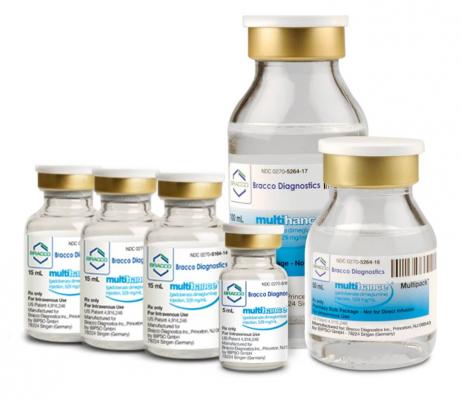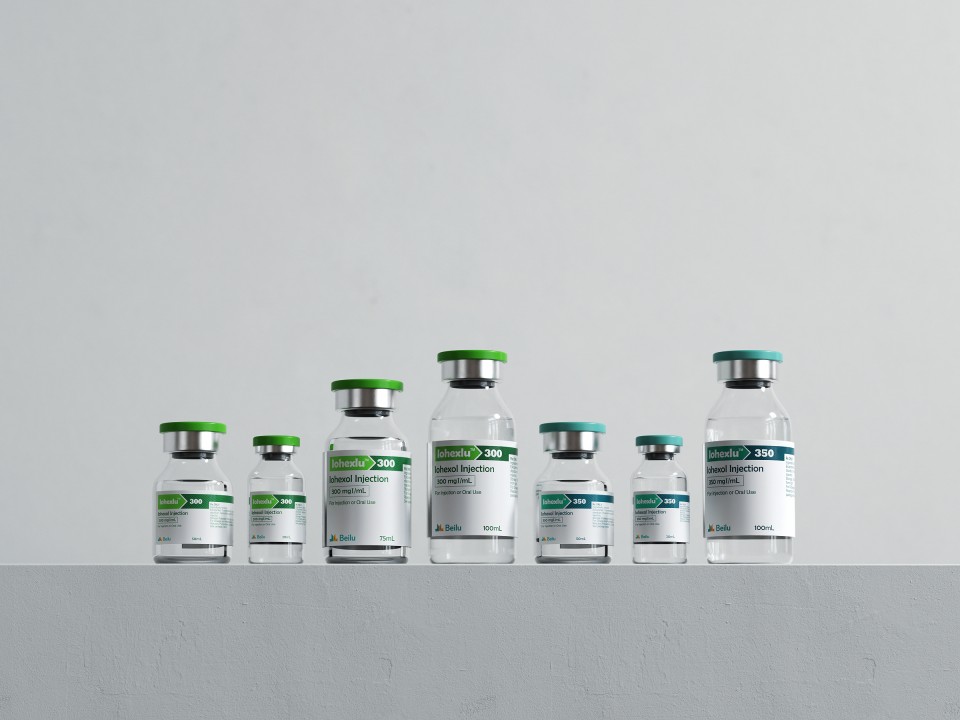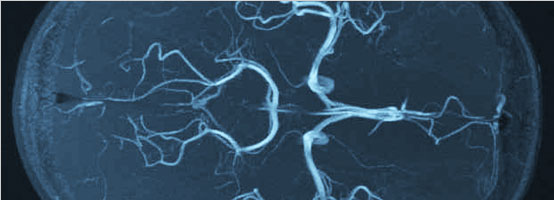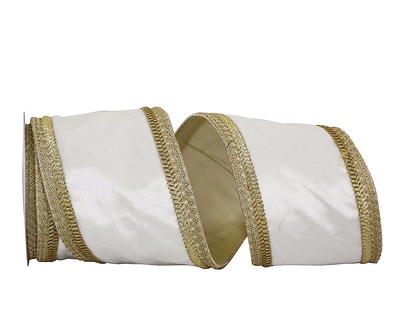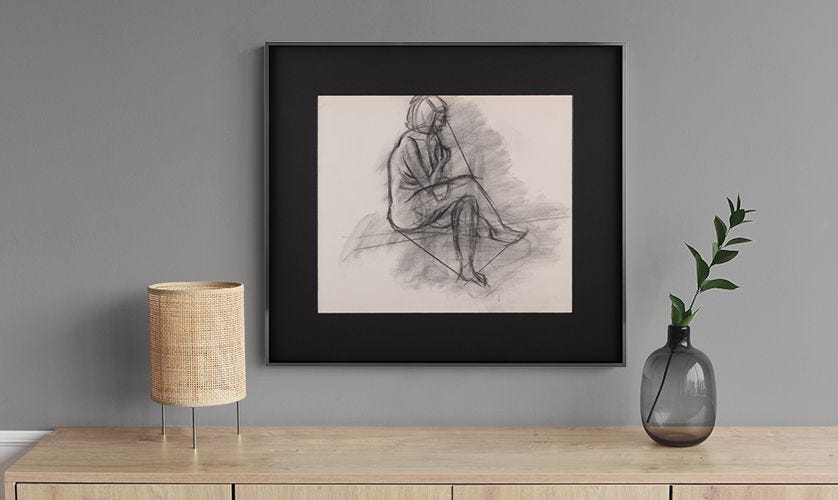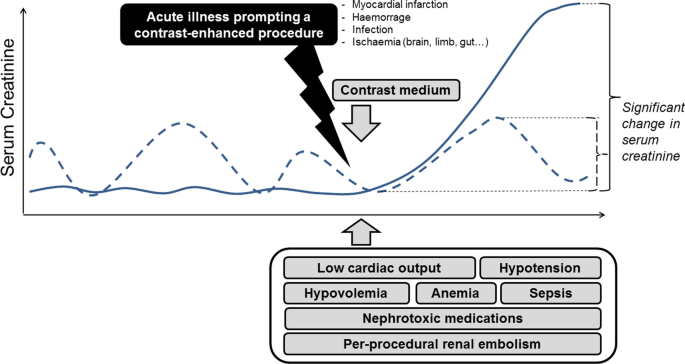
Iodinated contrast medium: Is there a re(n)al problem? A clinical
As we were taught, for decades, that iodinated contrast-induced acute kidney injury should be dreaded, considerable efforts were made to find out effective measures in mitigating the renal risk of iodinated contrast media. Imaging procedures were frequently either downgraded (unenhanced imaging) or deferred as clinicians felt that the renal risk pertaining to contrast administration outweighed the benefits of an enhanced imaging. However, could we have missed the point? Among the abundant literature about iodinated contrast-associated acute kidney injury, recent meaningful advances may help sort out facts from false beliefs. Hence, there is increasing evidence that the nephrotoxicity directly attributable to modern iodinated CM has been exaggerated. Failure to demonstrate a clear benefit from most of the tested prophylactic measures might be an indirect consequence. However, the toxic potential of iodinated contrast media is well established experimentally and should not be overlooked completely when making clinical decisions. We herein review these advances in disease and pathophysiologic understanding and the associated clinical crossroads through a typical case vignette in the critical care setting.

Contrast CT - Wikipedia
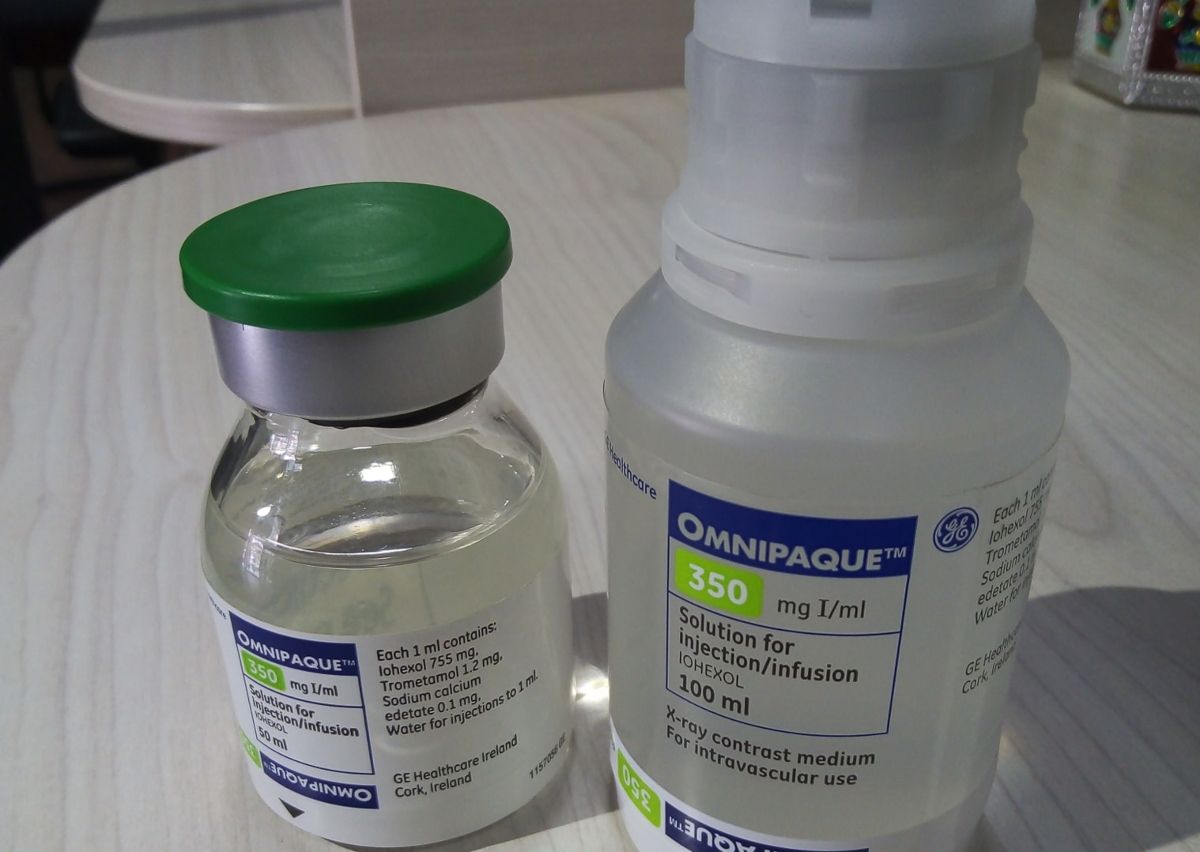
Iodinated Contrast Media Shortage: Practical Solutions and

Stratified assessment and warning regimen for prevention of acute

Risk of Intravenous Contrast Material–mediated Acute Kidney Injury

Waiting times between examinations with intravascularly
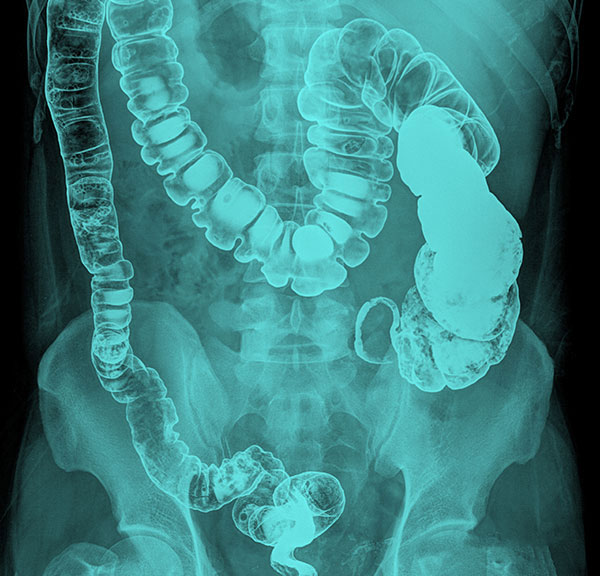
Contrast Media - FV Hospital

Forest plot demonstrating change in creatinine levels

Frequency of Acute Kidney Injury Following Intravenous Contrast

Contrast-Induced Acute Kidney Injury - ScienceDirect

Use of Nanoparticle Contrast Agents for Cell Tracking with
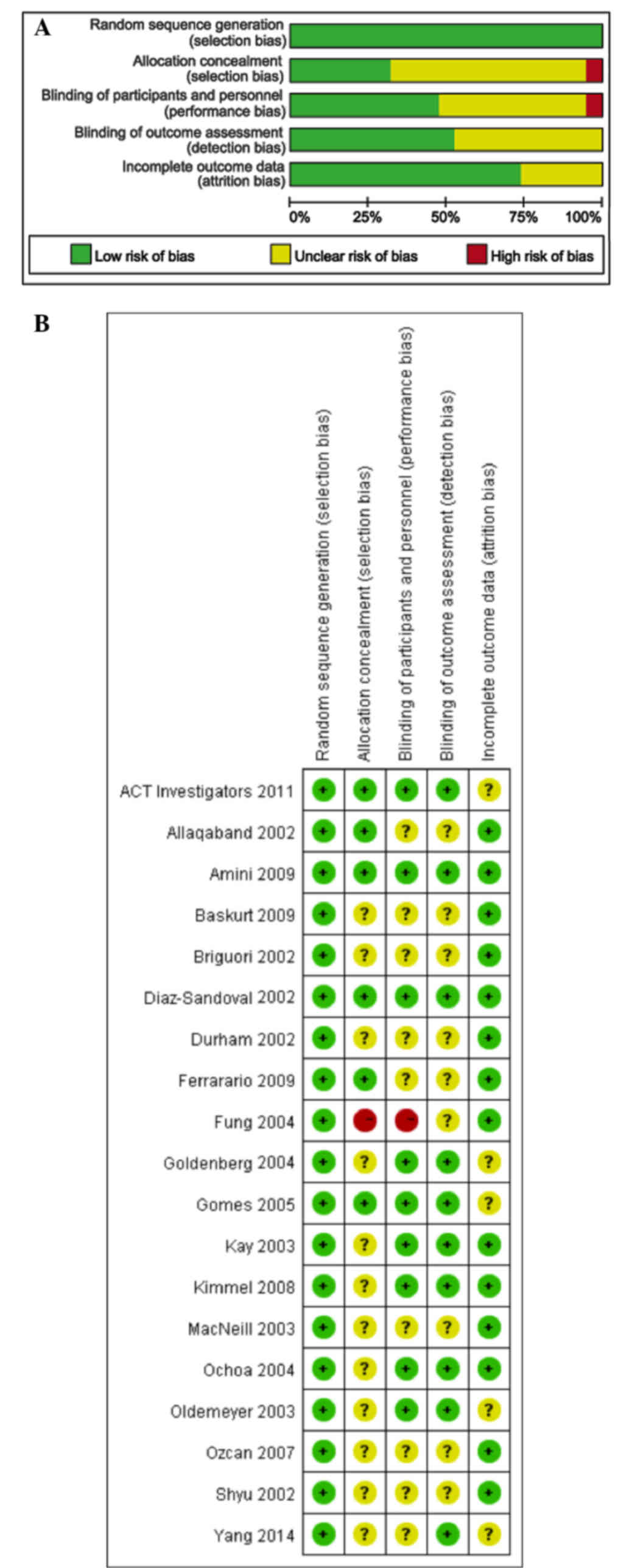
Oral N‑acetylcysteine for prophylaxis of contrast‑induced
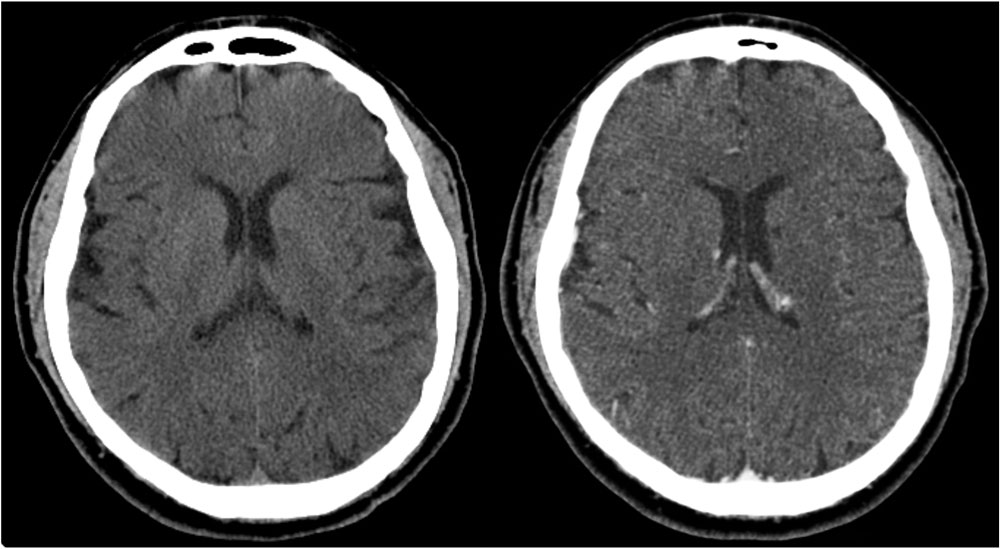
Gadolinium on CT - Questions and Answers in MRI
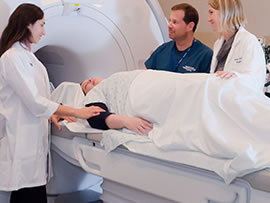
CT and MRI Contrast and Kidney Function
